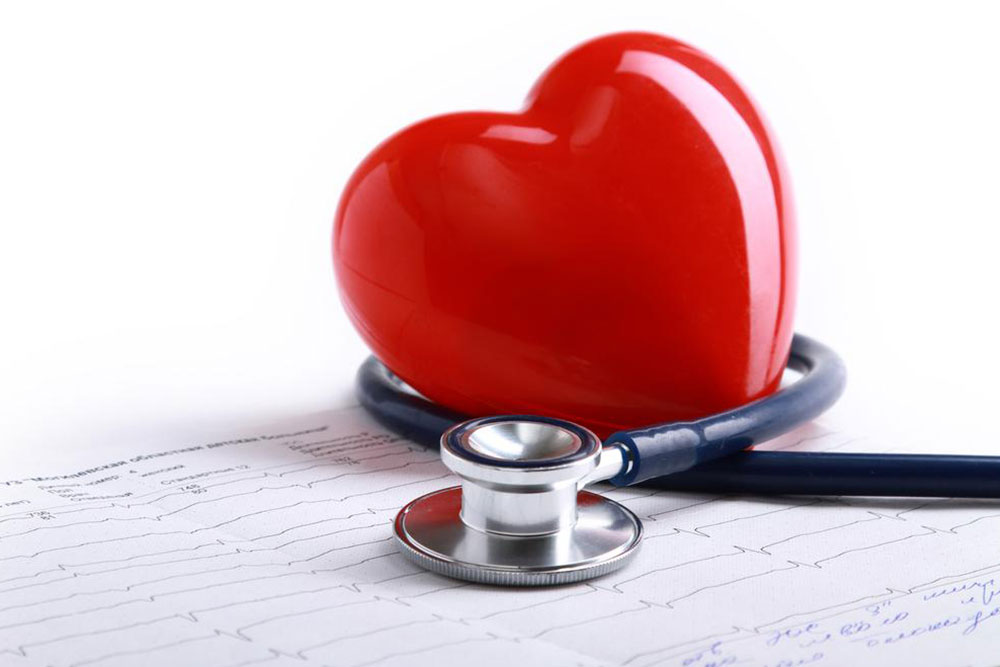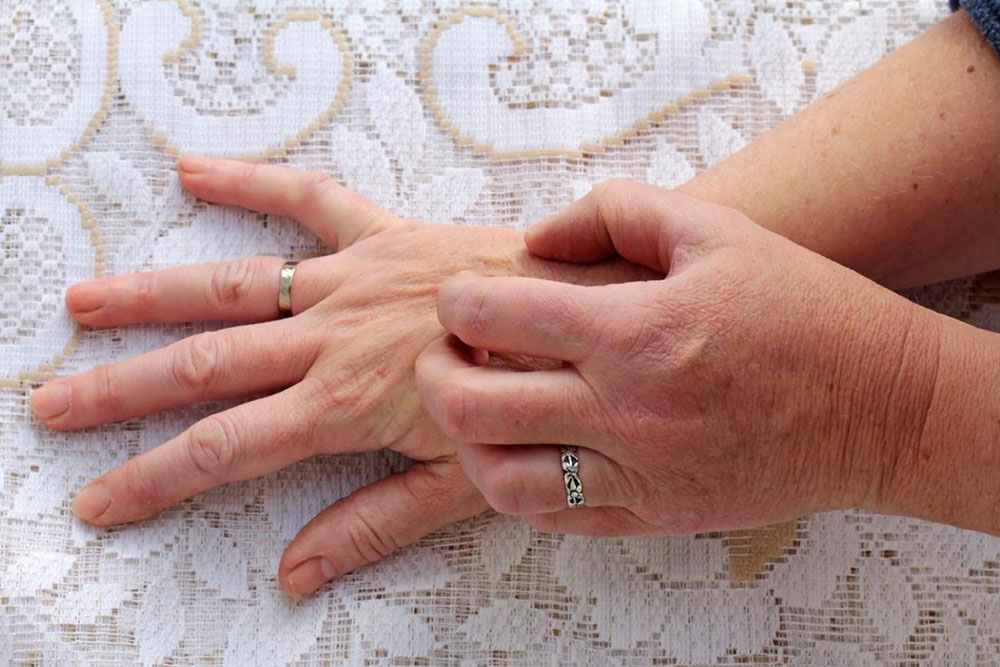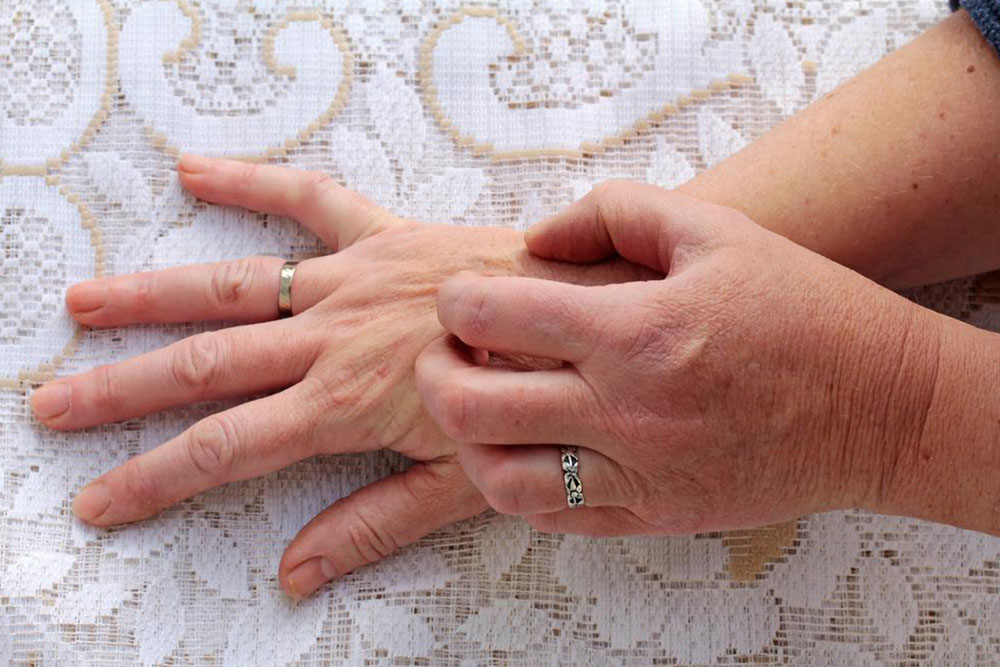Key Factors Influencing Breast Cancer Risk
This article discusses key risk factors for breast cancer, including lifestyle choices like smoking, alcohol intake, weight management, environmental pollution, and radiation exposure. It emphasizes the importance of healthy habits and awareness for prevention, especially for individuals with a family history. Understanding these factors can aid in early detection and reducing breast cancer risk through lifestyle modifications and environmental awareness.

Key Factors Influencing Breast Cancer Risk
Breast cancer predominantly affects women, though men can also be affected occasionally. It originates from genetic mutations in breast cells, disrupting normal processes like growth and division. Symptoms often include changes in breast shape, texture, or lumps. While not all cases are preventable, understanding risk factors can help in early detection and prevention. Common contributors include smoking, excess weight, alcohol intake, hormonal therapies, environmental pollution, and radiation exposure. Making healthy lifestyle choices and minimizing exposure to these risks can significantly reduce the likelihood of developing breast cancer.
Key risk factors include:
1. Smoking
Smoking introduces harmful substances that damage cells, increasing cancer risk and complicating treatment outcomes, such as healing after surgery or radiation therapy. Combining smoking with hormonal treatments may elevate blood clot risks.
2. Overweight
Excess body weight, especially in countries like the US where obesity rates are high, raises estrogen and insulin levels linked to breast cancer development. Maintaining a healthy weight through diet and exercise can lower this risk.
3. Alcohol Consumption
Alcohol contains estrogen and other carcinogens, which can enhance the risk of breast and other cancers. Limiting alcohol intake is advisable for health-conscious living.
4. Hormone Replacement Therapy
HRT elevates estrogen levels to alleviate menopause symptoms but may increase breast cancer risk over time. Consulting healthcare providers about potential side effects is important before starting HRT.
5. Environmental Pollution
Air toxins like nitrogen dioxide and nitrogen oxides have been linked to breast cancer. Avoiding areas with poor air quality and reducing exposure to pollutants can lower risk.
6. Radiation Exposure
Radiation therapy, while effective for some conditions, may induce aggressive breast cancers years later by damaging cellular DNA. Limiting unnecessary exposure is recommended, especially in high-risk individuals.
In summary, adopting healthy habits and avoiding known risk factors such as smoking, excessive alcohol, and environmental toxins are vital in breast cancer prevention, especially for those with a family history of the disease.










